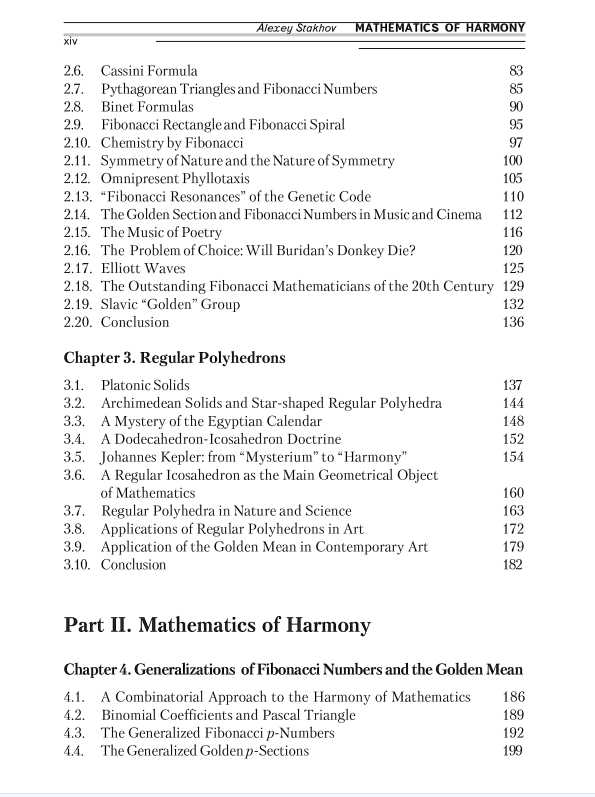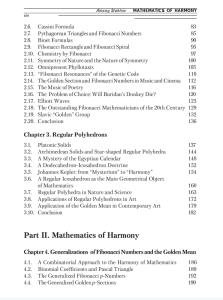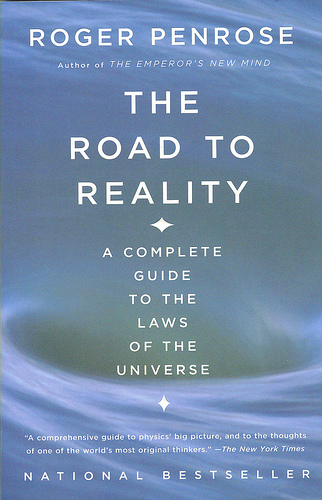After reading Stephen Jay Gould’s book of essays,
Bully for Brontosaurus, two titles really stuck in my mind. Although I enjoyed every one of the thirty five essays, the ones titled “Kropotkin Was No Crackpot” and “Justice Scalia’s Misunderstanding” were most provoking to my understanding of biology and science.
In “Kropotkin Was No Crackpot” Gould explains the influence on Charles Darwin’s Theory of Natural Selection by several import philosophical and economic thinkers in England. This people included Adam Smith and Thomas Malthus, who wrote about the importance of the individual and competition for survival and success. Darwin saw these forces of competition directly in action while visiting the tropical parts of the world. In such places, the environment is extremely hospitable to life and natural selection occurs largely through competition. Even though Darwin explained that natural selection also involves cooperation between organisms, he never experienced the importance of cooperation in environments such as Siberia — where natural selection largely occurs through environmental survival ability.
Petr Kropotkin witnessed first hand the reliance on cooperation, or “mutual aid” as he calls it, in the frozen Siberian environment. Natural selection, he says, forces the organism to cooperate with his neighbors and relatives in order to survive such harsh environments. Organisms which work together to survive will be much more successful than organisms which compete with each other for individual success. In many ways, I feel that the entire ecosystem of Earth is such a cooperative network of organisms; working together to live on a rocky marble in the vacuum of space.
Gould provides a nicely written account of these ideas and displays how science can forget and ignore certain aspects of nature which do not agree or support widely held political or social beliefs. People in western societies tend to be so concerned with dog-eat-dog and every-man-for-him-self ideologies that they forget that some institutions exist as cooperatives, such as various churches, corporations, and higher education. Not to mention the fact that our body consists of all types of symbiotic organisms. For potential ideas on the subject of institutional cooperation see Greenleaf’s book,
Servant Leadership.
Gould’s essay, “Justice Scalia’s Misunderstanding” made me realize that I sometimes forget what science really tries to do. Basically, Justice Scalia mistakenly views science as a sort of ideology; which attempts, as its goal, to explain the source of the universe and life. Instead, as Gould points out through the historical example of James Hutton, science provides hypotheses which attempt to explain empirical observations. It is quite obvious that no direct observations exists from the time of the automaton’s origin on Earth or the even the universe’s origin. All we can do is make inferences about the past based on indirect evidence. Any speculation on “who” or “what” created the universe is outside the realm of science — rather it is simply speculation. With regards to the question of how did life arise on Earth, science can provide various hypotheses of all kinds. But they are opinions and hypotheses until direct evidence can be found in favor of one or disproving another.
Justice Scalia believed religious opinions were equivalent with scientific hypotheses; an incorrect belief. I jot my ideas down when I have time and many of them deal with speculations on who, how and why the universe exists. Sadly, these are not scientific questions of any kind – rather, they are speculations which are most likely far from the truth. I do believe that these speculations can be shaped and formed into scientific hypotheses. For example,
my post about future organisms on Earth incorporating human made materials such as plastic in their bodies can be rephrased from a speculation to a scientific hypothesis. All that is needed is a question to answer. Perhaps this question is: do there exist organisms which have changed their genetic structure in such a way to make use of a new material present in their environment? The is answer to that is obviously YES! All oxygen breathing organisms did so millions of years ago. Then I must ask, what does it take to make this change and how can we do it today?







